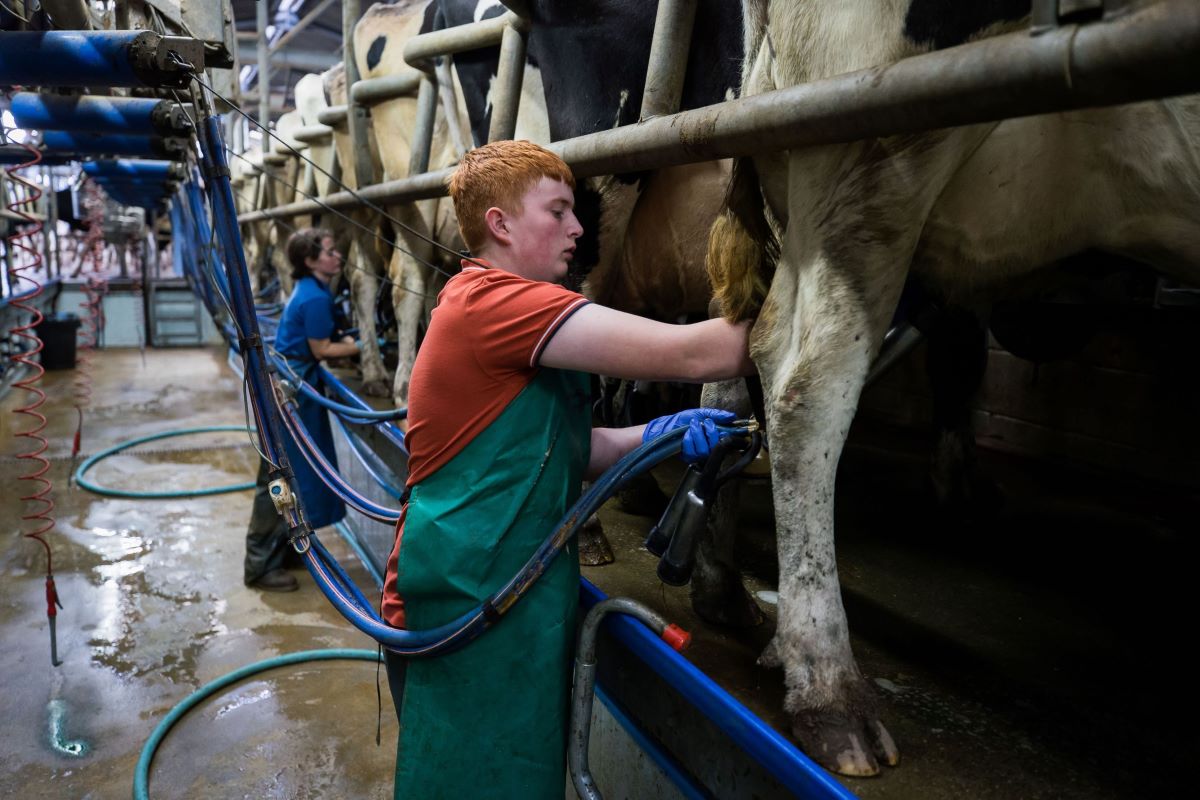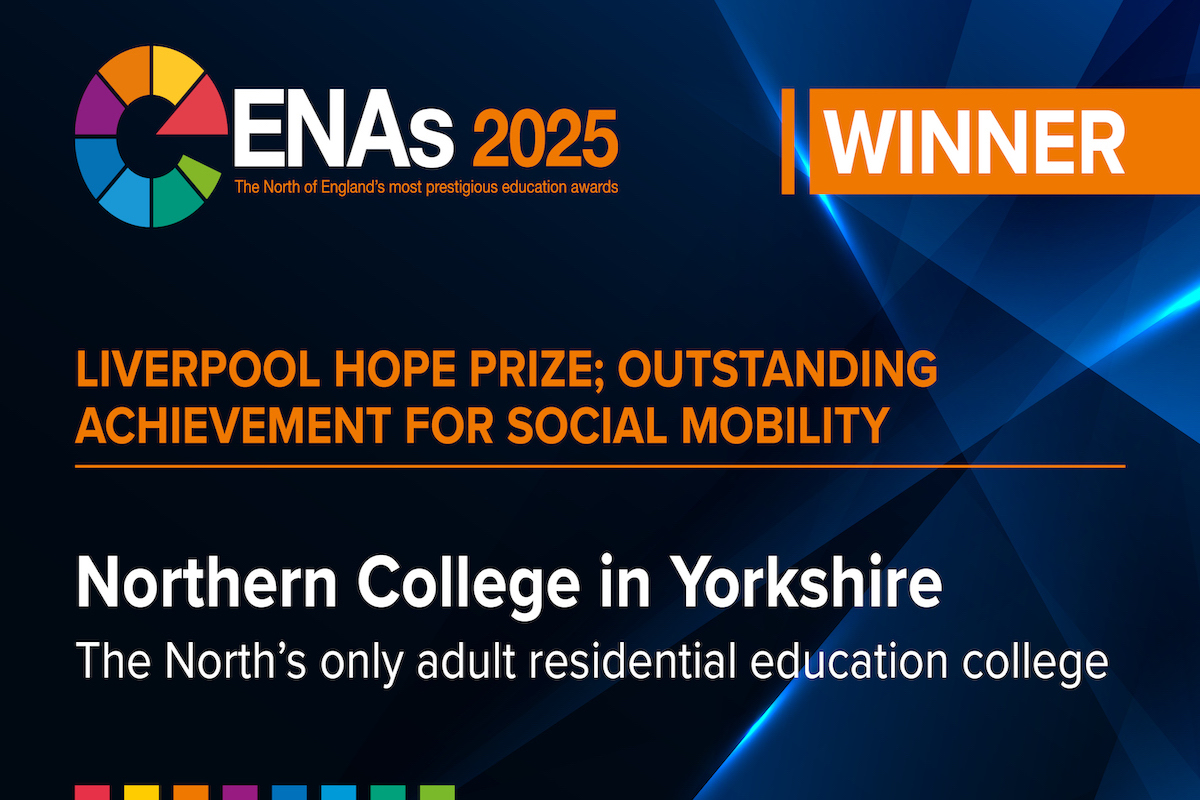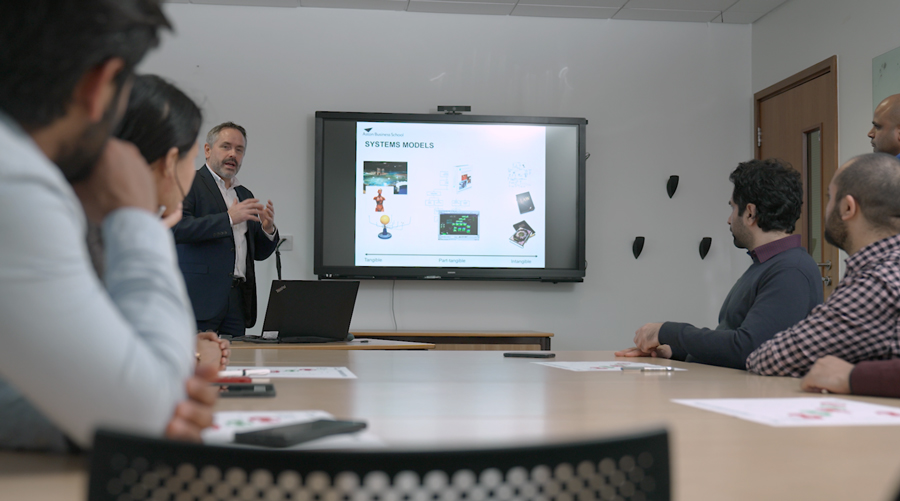Early Years Teacher Degree Apprenticeship (EYTDA) standard is launched to deliver on Plan for Change

New skills training in early years to deliver on Plan for Change
New and existing early years educators will soon be able to benefit from new high-quality training pathways, as the government pushes ahead with its commitment, as part of its Plan for Change, to deliver an early years system that gives every child the best start in life.
Today (Tuesday 28th January), the Department for Education and IfATE have published the Early Years Teacher Degree Apprenticeship (EYTDA) standard, a new undergraduate route to Early Years Teacher Status that gives new and existing educators the opportunity to earn while they learn.
The government’s Plan for Change sets out the government’s milestone to increase access to affordable and high-quality early education so tens of thousands more children will be ‘school ready’ at age 5 by 2028, as part of its wider mission to break down barriers to opportunity for all.
Expanding workforce support and training opportunities is integral to this mission, and the EYTDA will give educators the skills and experience they need to support child development and teach across a range of early years settings.
The standard will set out the knowledge, skills and behaviours participants will be required to demonstrate throughout the apprenticeship, and serve as a guide for employers and training providers to develop courses and recruit trainees to start as early as next year. The three-year course will be designed to fit alongside the vital work educators are already carrying out day-to-day in early years settings, and those interested should speak to their employer about opportunities to take part.
Early Education Minister Stephen Morgan said:
“High-quality early education is central to our mission to break the unfair link between background and opportunity.
“We are driving up quality through our Plan for Change, and these new training pathways are a vital step in delivering an early years system that works for parents and providers, and makes sure thousands more children start school ready to learn.”
Laura Frecknall, Level 5 Apprentice and Early Years Practitioner, Morton Trent Side Primary, said:
“Working at a school-based setting means I’ve seen firsthand the impact the pandemic has had on some children’s learning and development.
“Throughout my apprenticeship, I’ve worked hard to apply what I’m learning to support these children, teaching them early phonics or maths and offering them an inspiring space to grow so they are in the best possible place for the start of school.
“An Early Years Teacher Qualification would mean being able to advance what I can do for those children and later pursue a Special Educational Needs Coordinator qualification to be able to meet the needs of every child.”
To support early years providers recruit and retain more staff from this year, the government is also introducing a new Experienced Based Route (EBR) for the early years, developed in consultation with the sector.
This flexibility will enable eligible educators who do not currently hold an approved Level 3 qualification to demonstrate and develop the skills or knowledge they need to meet the criteria over a six-month period of supervision.
At Level 3, educators can lead childcare assistants in a room and manage settings and work within the staff: child ratios. They are vital to supporting the childcare rollout, and more often than not the level that settings find it most difficult to fill.
That’s why the government is clear the EBR will eventually be phased out, as it works with awarding organisations to develop a long-term assessment-based route that supports educators to gain a full qualification and continue working at that level going forward.
Portrait of Stephen Morgan MP by UK Parliament is licensed under CC BY 3.0. Accessed via UK Parliament Members API. Source: https://members-api.parliament.uk/











Responses